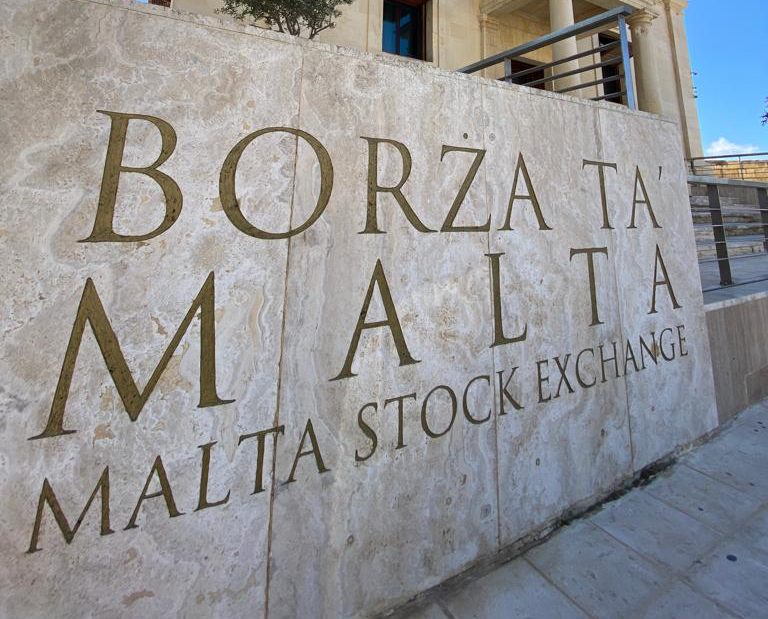The European Single Market has long been celebrated as a cornerstone of European integration, fostering economic growth, innovation, and solidarity among member states. Established to eliminate trade barriers and promote harmonization across borders, the Single Market has facilitated the free movement of goods, services, people, and capital. Yet, as the global and European landscapes evolve, marked by digital transformation, environmental challenges, and geopolitical shifts, the Single Market must adapt to remain effective and relevant.
Enrico Letta’s comprehensive report, “Much More Than a Market,” underscores the urgent need for a reinvigorated Single Market, one that embraces contemporary challenges and seizes new opportunities. The report advocates for transformative changes, including the introduction of a ‘fifth freedom’ focused on knowledge and innovation, strategic investments in digital and green infrastructure, and a robust approach to enhancing Europe’s economic security amid increasing global uncertainties.
For Malta, a small island nation within the EU, the proposed reforms present both significant opportunities and formidable challenges. The potential benefits of a more integrated and dynamic Single Market are vast, particularly in enhancing Malta’s digital infrastructure, boosting its renewable energy sector, and expanding its educational capacities. However, Malta must also address the demands these reforms might impose, such as adapting to new regulations and actively contributing to Europe’s collective goals, such as achieving climate neutrality and digital transformation.

Implementing the envisioned reforms of the Single Market requires bold and decisive actions that can only stem from visionary political leadership. Malta, in particular, needs to engage proactively in shaping the future of the Single Market. This involves advocating for reforms that align with its national interests while also preparing the local economy to leverage the benefits of deeper European integration fully.
The success of these reforms in Malta hinges on the courage and foresight of its political leaders. They must be willing to make tough decisions, engage comprehensively with stakeholders, and clearly communicate the benefits of a revitalized Single Market to the public. Investments in critical areas such as education, digital infrastructure, and sustainable technologies are necessary to ensure Malta not only adapts to these changes but also thrives in a new European economic landscape.
As Malta navigates this transformative phase, its leadership must ensure that the country plays a strategic role in the broader European context. This includes participating in EU-wide discussions, forming alliances with other member states, and ensuring that Malta’s voice is heard in the formulation of policies that affect the Single Market. By doing so, Malta can help steer the direction of European integration in a way that reflects its unique needs and aspirations.

The proposed reforms of the Single Market are crucial for ensuring that Europe remains competitive and cohesive in an increasingly complex global environment. For Malta, the stakes are particularly high. The island’s future economic prosperity and social stability are closely tied to the effectiveness of these reforms. By embracing bold decisions and investing in the future, Malta can secure its position within a stronger, more resilient European Union. The leadership of Malta now faces the critical task of guiding the nation through this period of significant change, ensuring that it emerges more robust and better integrated into the European fabric.
This strategic vision for Malta in the context of Single Market reforms not only highlights the necessity of adaptation but also the opportunities for leadership and innovation. It calls for a proactive approach, where Malta is not just a participant but a driving force in the evolution of the Single Market, championing reforms that will ensure long-term prosperity for all EU citizens.
Beyond numbers: Understanding the significance of pricing multiples for informed investing
Market participants may calculate financial metrics to take investment decisions following the end of the reporting season
The equity market in pre-COVID times
Investor sentiment has evidently failed to recover from the series of shocks since the start of 2020
Interest rate divergence ahead?
Inflation is falling faster than forecast in Europe, while exceeding expectations in the US






